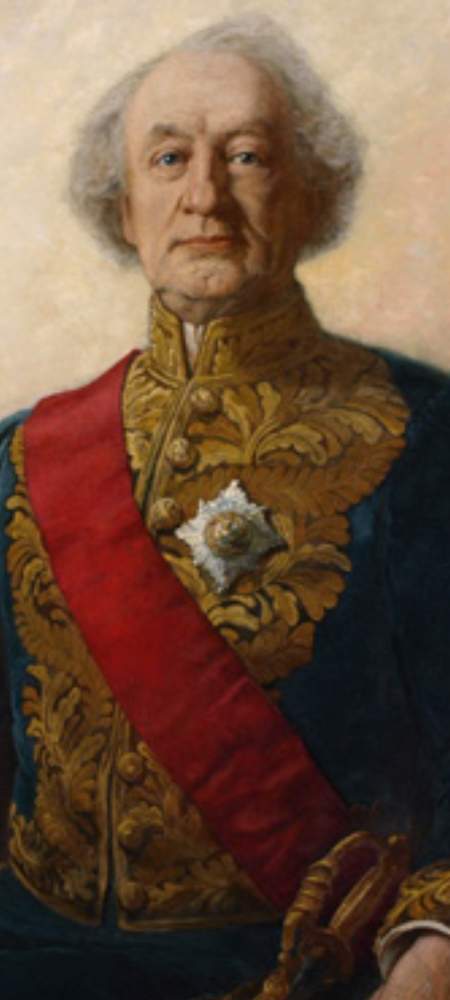Chapter
No
John A. Macdonald
Could there have been a Canada without John A.? A larger-than-life figure of great vision, leadership, and eccentricity, Canada’s first leader and “founding father” did more than any other to forge the existence of the modern Canadian nation.
A Scottish immigrant who fought a life-long battle with alcoholism, Macdonald rose to become a successful lawyer in colonial Canada and allied with the country’s elite English establishment, sharing their conservatism. Charismatic and witty, he served as a successful legislator and attorney general in the government of the United Province of Canada before helping negotiate the 1867 Confederation deal among other colonial politicians in British North America that produced the constitution for the modern nation-state of Canada. In 1867 he was elected its first prime minister.
Though post-Confederation Canada was initially quite small, Macdonald sought to grow the country until it encompassed all of northern North America, and could thereby act as a counter-balance to the ever-expanding United States below. Through a series of deals, negotiations, and bribes, his administration secured Canada’s annexation of huge chunks of new North American territory, including Manitoba (1870), British Columbia (1871), and Prince Edward Island (1873), as well as the massive Arctic territory of Rupert’s Land (1870). Such expansion also entailed the displacement of many Indigenous Canadians from their traditional lands, however, and Macdonald was an ardent believer in racist Darwinist theories that held “savage” aboriginal people should be assimilated into “superior” white society — a belief that culminated in the notorious policy of Indian residential schools. Economically, he sought to promote trade among the provinces and Britain rather than with the United States through a controversial protectionist program of high tariffs known as the National Policy.
In seeking to unite a growing country, Macdonald championed the idea of a massive trans-Canada railroad, and it’s this achievement that the man is probably best remembered for today. Completed in 1885, it marked one of the most expensive government projects in world history, and was financed through a corrupt deal that saw railroad tycoons given construction contracts in exchange for donations to Macdonald’s Conservative Party. Revelations of this scandal forced his resignation in 1873, and the brief term of Canada’s second prime minister, Alexander Mackenzie (1822-1892), but Macdonald was re-elected back to power in 1878, where he served four more terms until his death in 1891.
